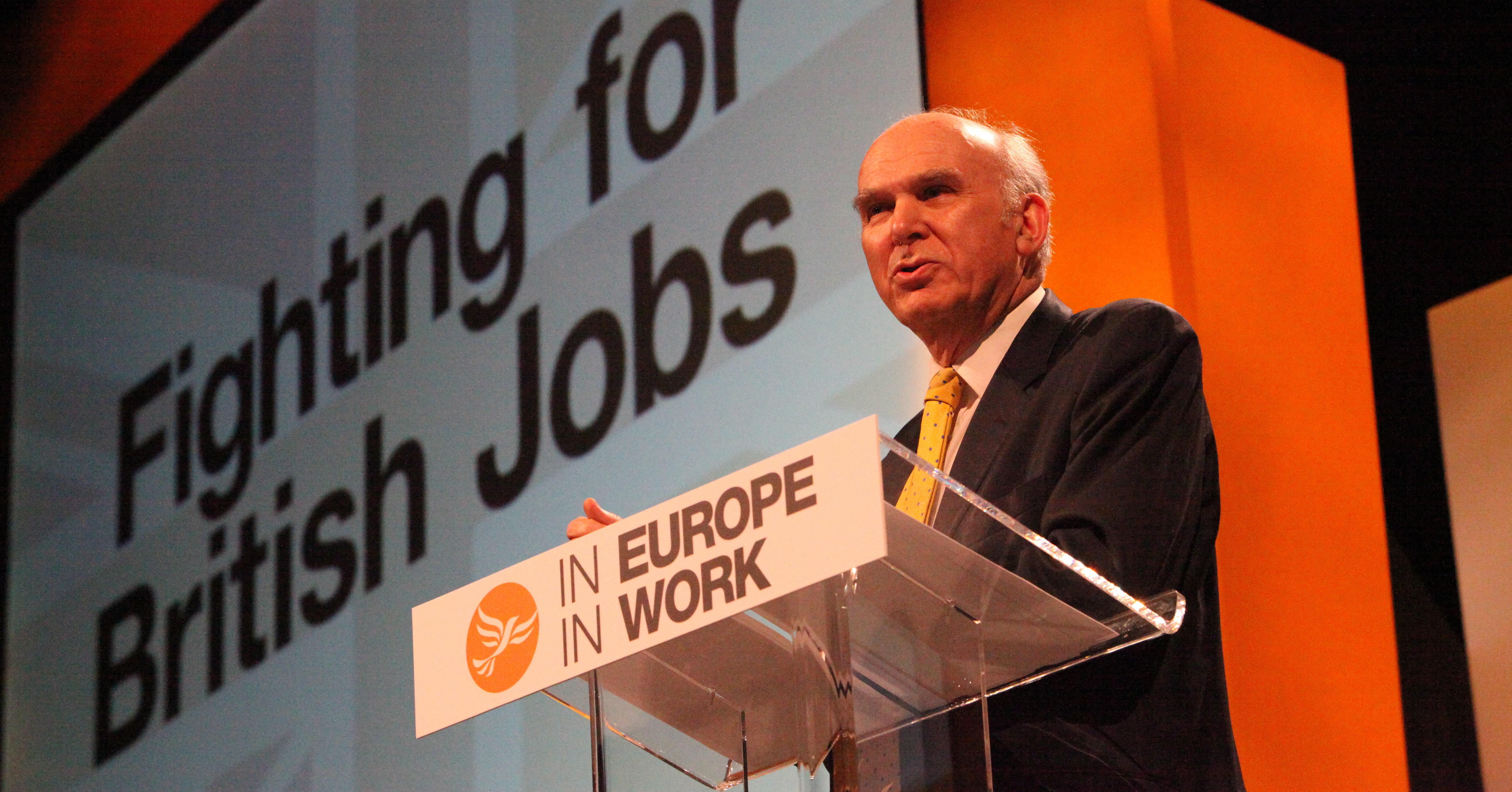Voting for Centrists Won’t Hurt the Tories or Europe’s Growing Right
by Philip Luther-Davies
22 May 2019

Brexit, or the lack of it, means media interest in the 2019 European parliament election is unfolding in a way would have been unimaginable prior to the 2016 referendum. Between blaming the EU for taking away ‘our’ sovereignty or inward migration into the UK, traditionally the general attitude of much of the media to the European parliament has been one of indifference or mockery.
Since March, spurious claims of Russian interference in the referendum election have given way to more credible allegations of US far-right (and billionaire) interference in our electoral process in addition to the widely-reported misconduct of the Leave campaign. May’s leadership over the exit negotiations has laid bare both her own incompetence and stubborn refusal to answer questions and the incompetence of her ministers. From left to right the only area of agreement seems to be that the only things one can expect from the current government are failures and cover-ups.
One consequence is that our political discourse has been forced by pundits and politicians alike into a binary framing of seething Remainers and furious Brexiteers, with all other issues and political positions becoming secondary or irrelevant. Everything, apparently, must be put on hold until either Brexit is implemented, Article 50 is revoked, or a second referendum is held.
This framing is being exploited by centrist parties to turn the European parliamentary election into a proxy referendum on Brexit in much the same way that Nigel Farage and Tommy Robinson have done. In doing so, they’ve not only been as cynical as the far right but have contributed to the misinformation of the electorate about what could be at stake in this election. As such there has been little coverage of the type of legislative agenda the multi-party coalitions in the European parliament will support or block, and whether British MEPs will help or hinder wider issues such as an EU-wide minimum wage or more radical action on climate change. Neither has there been adequate exposure of the threat from the ad-hoc internationalism of far-right and fascist groups coordinating their election campaigns for this election, and what British MEPs will do to thwart whatever regressive bits of legislation this grouping might push in the forthcoming parliament.
The mainstream media, whether wittingly or not, has helped both centrists and the far right capitalise on this moment by foregrounding Brexit in its coverage, as in the recent local elections – each presented as a proxy vote on both Brexit and the leadership of Jeremy Corbyn and Theresa May over their respective parties. Indeed, those Tories seeking to oust May have already seized on the dreadful polling facing the Conservatives as proof the prime minister should be replaced without the need to hold a general election. Furthermore, both the Liberal Democrats and Change UK are saying very little about their plans for the European parliament, instead insisting they will be able to somehow influence Brexit from Brussels – even though, in the case of the Lib Dems, their current MEPs haven’t been very successful in that effort to date.
Whatever the Liberal Democrats might be proposing, their record both domestically and as part of the Alliance of Liberals and Democrats for Europe has been one of supporting austerity and opposing progressive measures around work, pay and the environment. Most recently, they have shown themselves to be willing to work alongside not only the Tories but Ukip.
You may be angry about the wrongdoings of the Leave campaign and the xenophobia it has been banking. You may be thoroughly annoyed at Labour’s attempted Brexit triangulation. But by taking the Faustian pact offered by the Liberal Democrats or Change UK, you could be a blocking progressive agenda in the European parliament in order to express your anger over an issue which can only really be settled in a UK general election or through civil disobedience, or – probably – a combination of both. We have no guarantee that the Lib Dems or CHUK will work with the Progressive Alliance of Socialists and Democrats (which Labour is a part of) and other left-wing blocs to effectively fight the incoming bands of right-wing extremists.
There are a variety of left and progressive options to choose from in the European election, but a vote for the Liberal Democrats, as in domestic elections, is essentially a vote for the Tories – their Brexit, their xenophobia and racism, and their austerity.